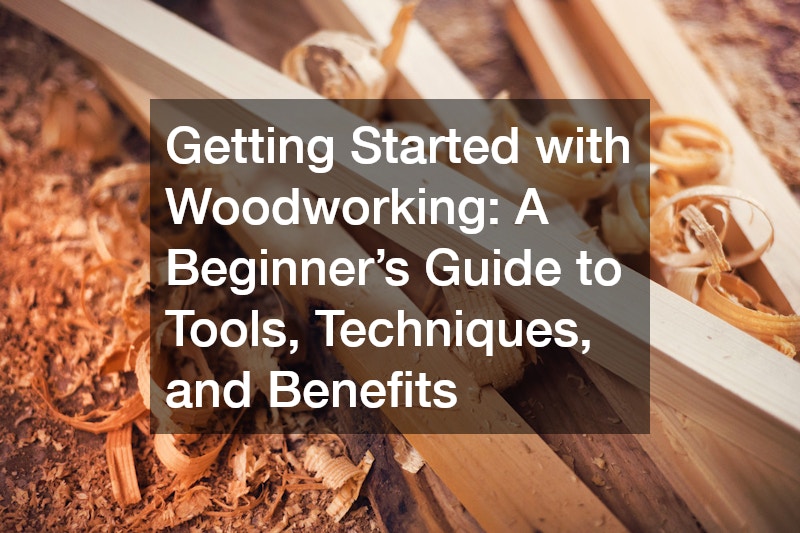Woodworking is a rewarding craft that involves cutting, shaping, and joining wood to create both useful and decorative items. For beginners, it’s essential to understand that you don’t need an extensive collection of tools to start. A few basic tools are sufficient to begin, and as your skills develop, you can gradually expand your toolkit.
Starting with woodworking doesn’t require a significant investment. Key tools include a saw, drill, and sander.
These basic tools allow you to tackle a range of projects without overwhelming costs. For those just beginning, learning how to use eco-friendly adhesives can be particularly helpful. These adhesives are eco-friendly, easy to clean, and effective for joining wood pieces, making them a great choice for beginners.
As you get more comfortable, you can explore different woodworking approaches. Power tools, such as miter saws and table saws, are popular due to their efficiency and ease of use. They can significantly speed up your projects compared to traditional hand tools. However, while power tools can be more accessible, it’s crucial to adhere to safety guidelines to prevent injuries.
For those interested in a more tactile experience, hand tools like chisels and planes offer a slower but rewarding approach. They require patience and precision, providing a deeper connection to the crafting process. Additionally, integrating water-based adhesives in hand tool projects can enhance your results, ensuring strong and durable joins.
Digital woodworking tools, such as CNC machines and laser cutters, are becoming more accessible but come with a higher price tag. These tools offer precision and can handle complex designs, but they may not be necessary for every beginner. A blended approach, using both hand and power tools, often works best, allowing for flexibility and skill development.
Woodworking offers numerous benefits beyond creating physical objects. It serves as a productive escape from the digital world, providing a satisfying and tangible sense of accomplishment. Engaging in woodworking helps develop problem-solving skills and creativity, all while offering a unique way to disconnect from daily stressors and reconnect with hands-on craftsmanship.






